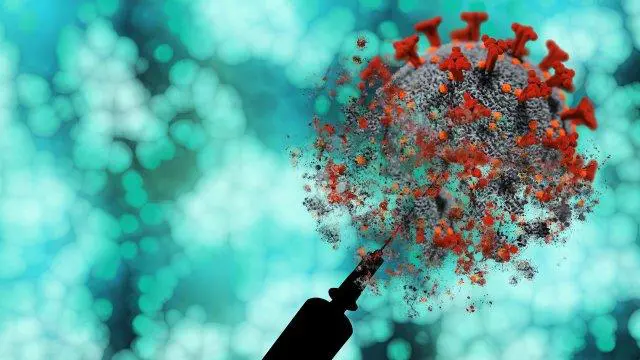Six African countries have been selected to create their own mRNA vaccines, the World Health Organization said, after the continent was largely deprived of access to coronavirus vaccines, AFP reported, quoted by BGNES. Egypt, Kenya, Nigeria, Senegal, South Africa and Tunisia have been selected as the first recipients of technology from the WHO’s Global MRNA Vaccine Center in an effort to ensure that Africa can make its own vaccines to fight Covid and other diseases.
“No other event, such as the Covid-19 pandemic, has shown that relying on several companies to supply global public goods is restrictive and dangerous,” said WHO chieftain Theodore Gebreyesus. “The best way to deal with health emergencies and to achieve universal health coverage is to significantly increase the capacity of all regions to produce the health products they need.” Hebrews has constantly called for equal access to vaccines and opposed the way rich countries have appropriated their doses, leaving Africa behind other continents. The announcement ceremony of the transfer of mRNA vaccine technology is to take place today in Brussels during the European Union-African Union summit. European Commission President Ursula von der Leyen said: “We have talked a lot about the production of mRNA vaccines in Africa. But it goes even further. It is an mRNA technology developed in Africa, led by Africa and owned by Africa.” Currently, only 1% of vaccines used in Africa are produced on the continent with a population of about 1.3 billion people. Last year, the WHO set up a global mRNA transfer center in South Africa to support producers in low- and middle-income countries to produce their own vaccines. The role of the global center is to ensure that manufacturers in these countries have the know-how to produce mRNA vaccines on a large scale and in accordance with international standards. Used in Pfizer / BioNTech and Moderna vaccines, mRNA technology elicits an immune response by delivering genetic molecules containing the code of key parts of the pathogen in human cells.
The Global Center has the potential to expand production capacity for other vaccines and products, such as insulin to treat diabetes, cancer drugs and possibly vaccines for diseases such as malaria, tuberculosis and HIV. The ultimate goal of the scheme is to expand the capacity for national and regional production of all health technologies. The WHO has said it will work with the first six selected countries to develop a training and support roadmap so they can start producing vaccines as soon as possible. The training will start in March. South African President Cyril Ramaphosa said the announcement “means mutual respect, mutual recognition of what we can all bring to the country, investment in our economies and investment in the continent’s infrastructure”. French President Emmanuel Macron said support for Africa’s health sovereignty was one of the main goals of launching local production, “to enable regions and countries to cope on their own during crises and in peacetime”.
More than 10.4 billion doses of vaccine have been given worldwide, with nearly 62% of the world’s population receiving at least one injection. However, by early February, only 11.3% of Africans had been fully immunized.







